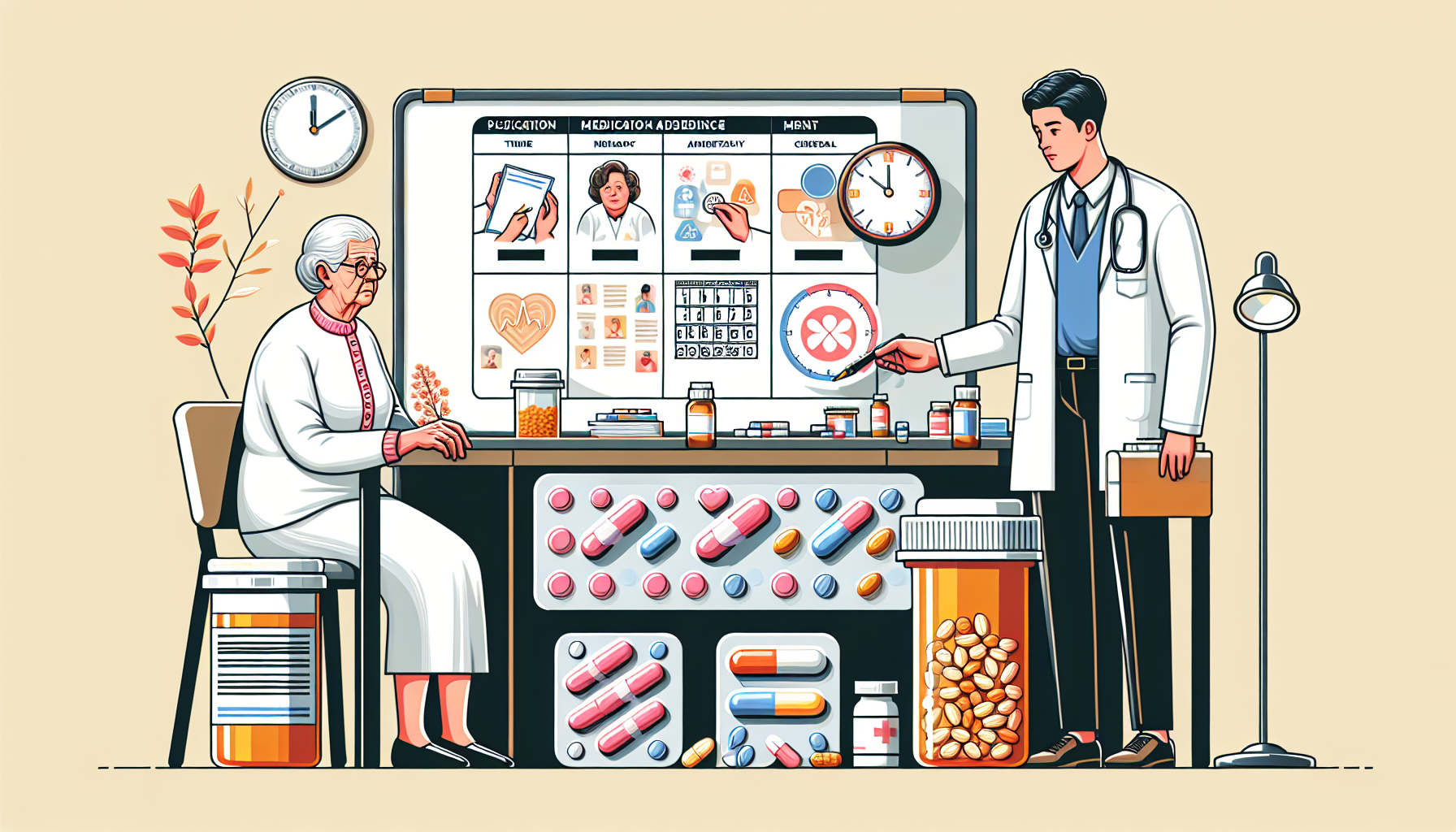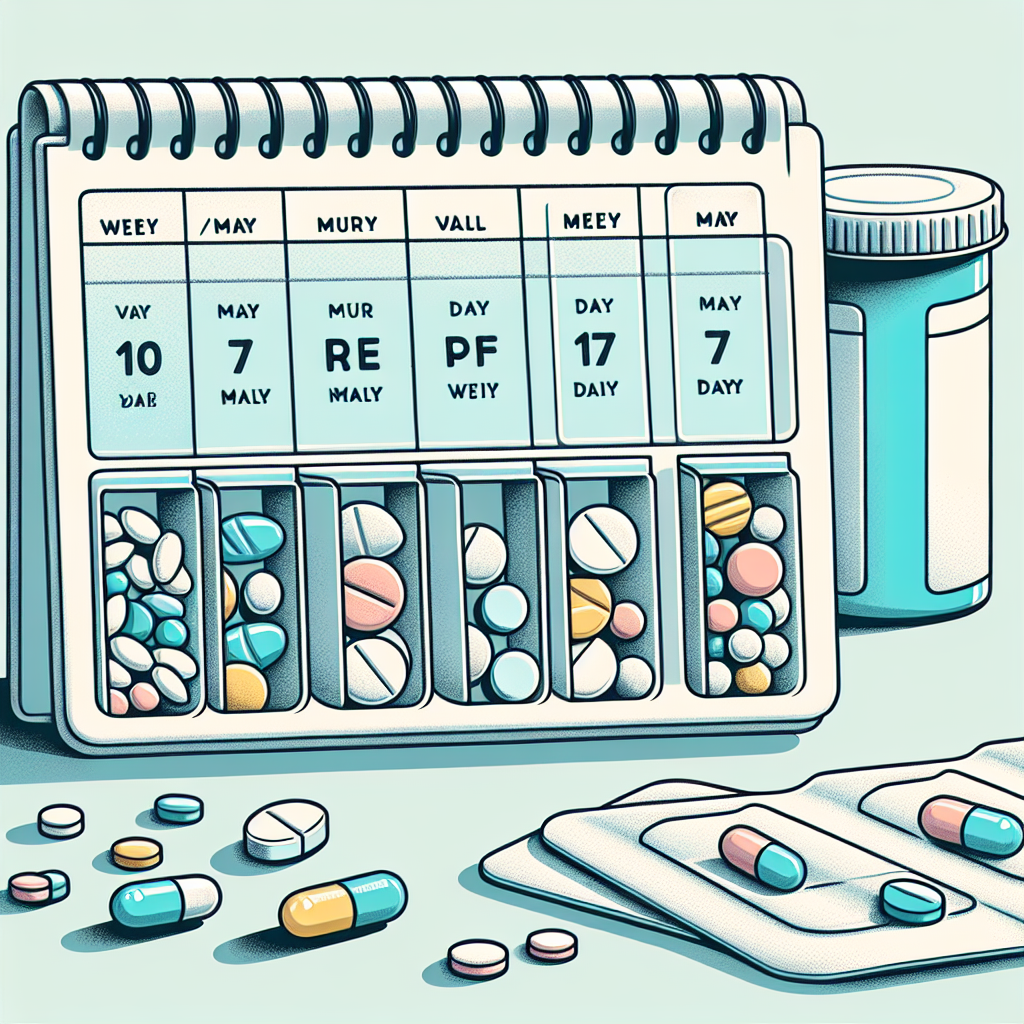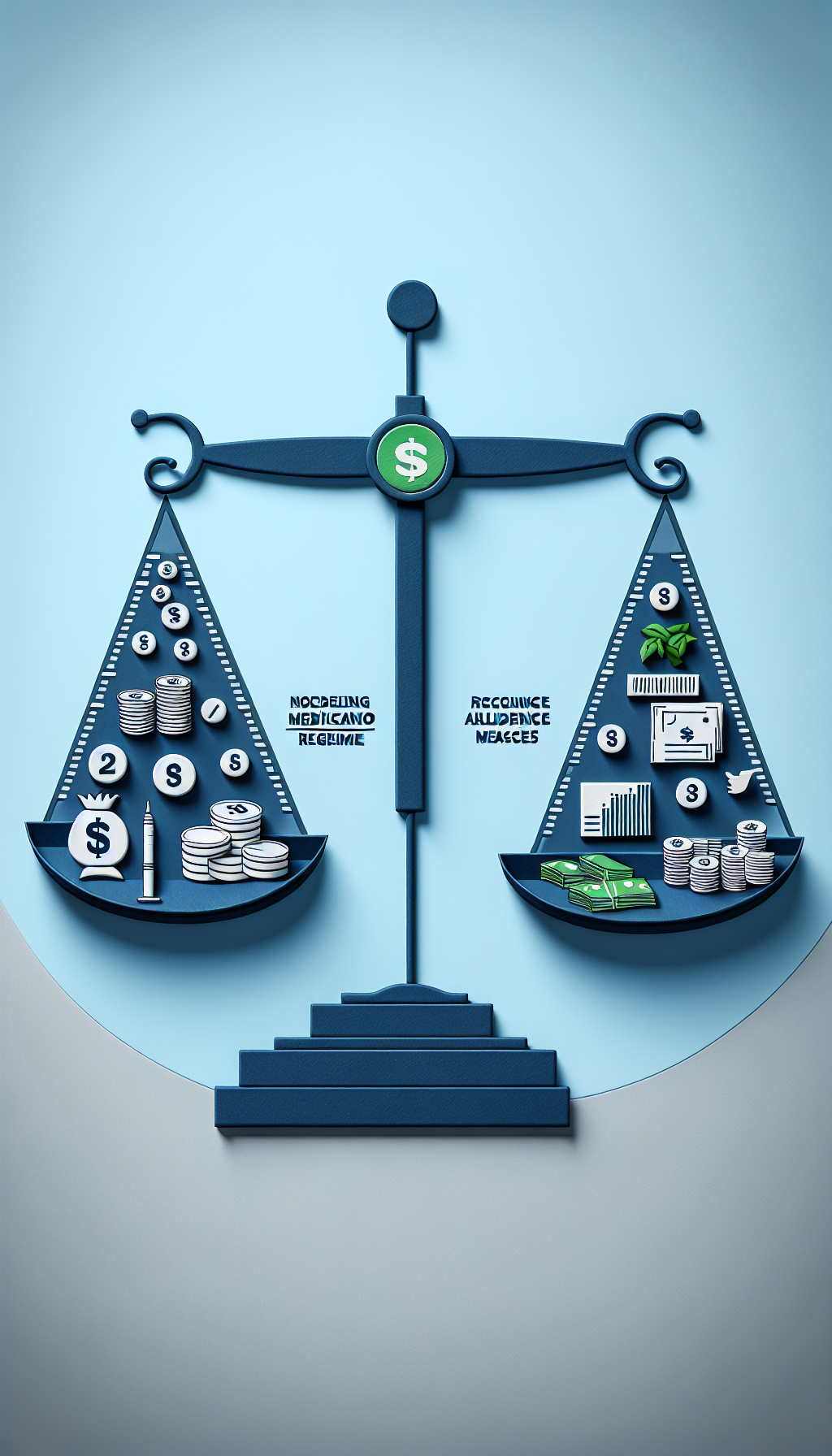Chronic diseases, such as diabetes, heart disease, and asthma, require continuous medical care and patient self-management education to prevent acute complications and to maintain health. Medication adherence, the extent to which patients take their medications as prescribed, is a critical component of managing chronic diseases. However, adherence is a complex behavior influenced by factors related to the patient, the health care system, and the nature of the disease and its treatment.
The Significance of Medication Adherence
Non-adherence to medications can lead to a range of negative health outcomes, including disease progression, reduced functional abilities, a lower quality of life, and, in some cases, death. Moreover, it can result in increased use of healthcare resources, such as hospital admissions, doctor visits, and additional treatments, which contribute to the escalating costs of health care.
Understanding the Barriers to Adherence
Barriers to medication adherence typically fall into three categories: patient-related, therapy-related, and healthcare system-related. Patient-related barriers may include forgetfulness, lack of knowledge, or misconceptions about the disease and its treatment. Therapy-related barriers can involve complex medication regimens, side effects, or the perceived ineffectiveness of the treatment. Lastly, healthcare system-related barriers might include limited access to care, poor healthcare provider-patient communication, or inadequate health literacy.
To effectively manage chronic diseases, it is crucial to recognize these barriers and work towards mitigating them. Strategies can range from patient education and behavioral interventions to healthcare system improvements aimed at supporting patients in their treatment plans.
Strategies for Improving Medication Adherence
Personalized Patient Support
Person-centered care, which involves tailoring healthcare services to individual patient needs, preferences, and values, can significantly enhance medication adherence. This approach often includes comprehensive patient education about the disease and its management, including the importance of medication adherence.
For instance, the role of supplements in supporting mental wellness can offer insights into how targeted nutritional support can complement medication regimens for chronic mental health conditions, potentially improving overall adherence by addressing both physical and mental health needs.
Simplifying Medication Regimens
Complex medication regimens can be overwhelming for patients, leading to unintentional non-adherence. Simplifying these regimens, such as reducing the number of doses per day or utilizing combination pills, can help patients better manage their medication schedules.
Technological Interventions
Technological solutions, such as pill dispensers with alarms or mobile apps that send reminders to take medications, have shown promise in improving adherence rates. These tools can be particularly helpful for patients with memory difficulties or busy schedules.
Collaborative Healthcare Models
Collaborative care models that involve a team of healthcare providers, including doctors, pharmacists, and nurses, can ensure a more coordinated approach to patient care. Pharmacists, for example, can conduct medication reviews and provide counseling to reinforce adherence.
For those managing cardiovascular conditions, understanding the impact of omega-3 supplements on heart health can offer added support by highlighting the potential benefits of omega-3 fatty acids in conjunction with prescribed medications.
Access to Medication and Healthcare Services
Improving access to medications and healthcare services is fundamental to adherence. This could involve policy changes to reduce the cost of medications, transportation services to healthcare facilities, or telehealth services for those who cannot easily travel.
Measuring and Monitoring Adherence
Accurately measuring medication adherence is essential for identifying non-adherence and intervening effectively. Methods of assessment can include patient self-reports, pill counts, pharmacy refill records, and electronic monitoring devices.
Monitoring adherence allows healthcare providers to address non-adherence proactively, offering an opportunity to discuss any barriers the patient may be facing and to adjust the treatment plan accordingly.
The Role of Family and Community
Family members and community support can play a vital role in helping patients manage their chronic conditions. Education and resources should be made available to caregivers to empower them to support medication adherence. Community programs and support groups can also provide additional layers of encouragement and accountability.
For those exploring how dietary changes can support chronic disease management, a resource like navigating nutrient deficiencies in vegan diets can be invaluable. It offers guidance on maintaining balanced nutrition, which can influence overall health and medication efficacy.
The Economic Impact of Non-Adherence
The economic burden of non-adherence is significant, with estimates of hundreds of billions of dollars lost annually in the United States alone due to increased healthcare utilization. By improving adherence, not only can patient outcomes be enhanced, but the overall costs to the healthcare system can be reduced.
External Resources for Further Information
To deepen the understanding of medication adherence, several high-quality, niche resources can be consulted. The American Heart Association provides detailed information on the importance of taking heart medications as directed. The National Institute on Aging offers insights into safe medication use for older adults. Additionally, the World Health Organization has a comprehensive report on adherence to long-term therapies that is an excellent resource for healthcare professionals and policymakers.
Conclusion
Medication adherence is a pivotal aspect of chronic disease management that cannot be overlooked. By addressing the multifaceted barriers to adherence, employing strategies to support patients, and leveraging technological advancements, we can improve health outcomes and reduce the burden of chronic diseases. It requires a concerted effort from patients, healthcare providers, and the healthcare system at large to prioritize and enhance medication adherence for a healthier society.



